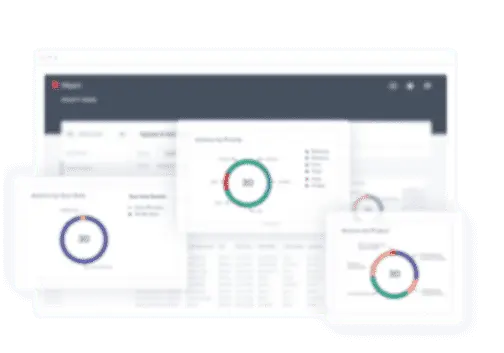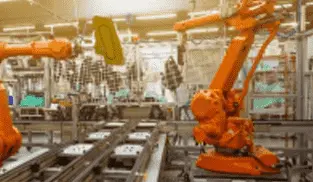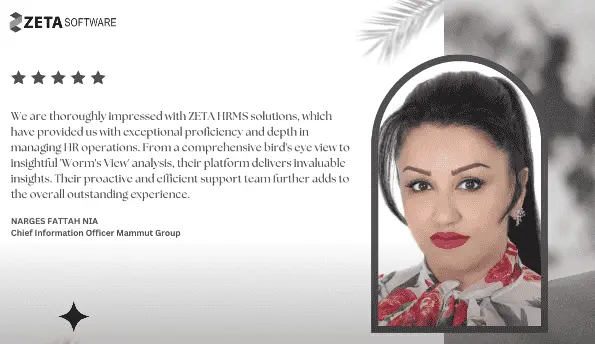The construction industry, a dynamic sector vital to infrastructure and urban development, thrives on innovation and collaboration. From towering skyscrapers to intricate bridges, it encompasses a diverse array of projects. Architects, engineers, and skilled laborers work synergistically to bring designs to life, employing cutting-edge techniques and materials. Sustainability is increasingly integral, with a focus on eco-friendly practices and green building technologies. Amidst challenges of regulatory compliance and economic fluctuations, the construction industry remains resilient, shaping the physical landscape and driving progress worldwide.
Integrated Information Management
ERP systems provide a centralized platform for managing diverse aspects of a construction project, including procurement, inventory, finances, and project scheduling. By integrating various functions into a single system, ERP facilitates seamless communication and data sharing across departments, enabling real-time decision-making and resource optimization.
Efficient Resource Allocation
Construction projects require careful allocation of resources such as materials, equipment, and manpower. With ERP, companies can effectively plan resource utilization based on project requirements, availability, and budget constraints. This ensures optimal resource allocation, minimizes wastage, and maximizes productivity throughout the project lifecycle.
Project Cost Control
Cost overruns are common challenges in construction projects, often attributed to poor budget management and unforeseen expenses. ERP systems enable accurate cost estimation, budget tracking, and financial reporting, allowing project managers to monitor expenses closely and implement cost-saving measures proactively. This helps in controlling project costs and improving profitability.
Streamlined Procurement Processes
Procurement of materials and supplies is a critical aspect of construction projects, influencing both cost and timeline. ERP systems streamline procurement processes by automating workflows, managing supplier relationships, and maintaining inventory levels. By optimizing procurement operations, construction companies can ensure timely delivery of materials, negotiate better deals, and mitigate risks associated with supply chain disruptions.
Effective Workforce Management
HRMS solutions play a vital role in managing the workforce in the construction industry, where labor-intensive tasks are prevalent. HRMS streamlines employee onboarding, attendance tracking, payroll processing, and performance evaluation, enhancing workforce productivity and morale. Moreover, HRMS enables compliance with labor regulations and safety standards, reducing legal risks and ensuring a safe working environment for employees.
Talent Development and Retention
In a competitive industry like construction, attracting and retaining skilled talent is essential for long-term success. HRMS facilitates talent management initiatives such as training programs, career development opportunities, and performance incentives, fostering employee engagement and loyalty. By investing in talent development, construction companies can build a skilled workforce capable of delivering high-quality projects consistently.
Regulatory Compliance
Compliance with regulatory requirements, such as health and safety standards, labor laws, and environmental regulations, is crucial for construction firms to avoid penalties and legal liabilities. ERP and HRMS systems help companies stay compliant by automating regulatory reporting, maintaining audit trails, and ensuring adherence to industry standards. This proactive approach to compliance management minimizes risks and enhances the company's reputation.













































